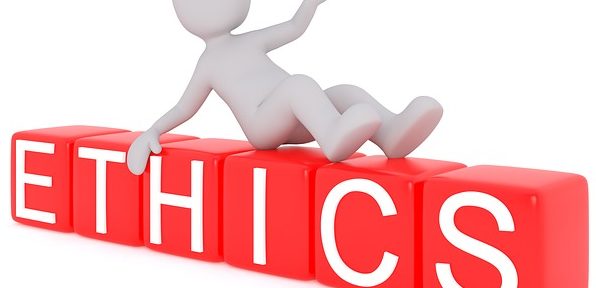
Messy breakups can be particularly hard on common-in-law relationships, particularly when there is no Last Will and Testament in place. While several provinces offer common-law couples the same legal protections as married couples, other provinces (such as Ontario) are lacking in the same arena of legal provisions for common-in-law couples. There is the added problem if one partner has an updated Will and the other half is just blowing it off. Perhaps the common-in-law spouse isn’t properly communicating about his/her wishes, or just doesn’t see the need to update (or start) a Last Will and Testament. In a study published by the Journal of Marriage and Family in August of 2022, Dr. Pugliese and her colleagues found many striking differences among common-in-law couples in several provinces: several provinces have certain legal protections for common-in-law couples should their spouses pass on. There are a few provinces lacking in this area: Ontario, Quebec, New Brunswick, Yukon and Newfoundland and Labrador do not guarantee anything if the common-in-law spouse dies. All the better to have a Last Will in place. Laws may take some time to be updated throughout every province, so a Will and other proper documentation (a Power of Attorney and a Living Will) is always good to have. A power of attorney is a legal document that allows an individual (the “principal”) to appoint another person (the “agent” or “attorney-in-fact”) to act on their behalf in financial and legal matters. A Living Will allows an individual to specify the types of medical treatment they do or do not want to receive, such as life-sustaining treatment or artificially administered nutrition and hydration.
The study also found that 22 percent of couples in common-in-law relationships would disperse their assets to their partners, compared with 86 percent of married couples, who would leave their spouses something. Common-in-law couples may be in big trouble if they a) don’t communicate their wishes to their partners, and b) don’t have an updated Last Will and Testament. You can read more about the study, here.






